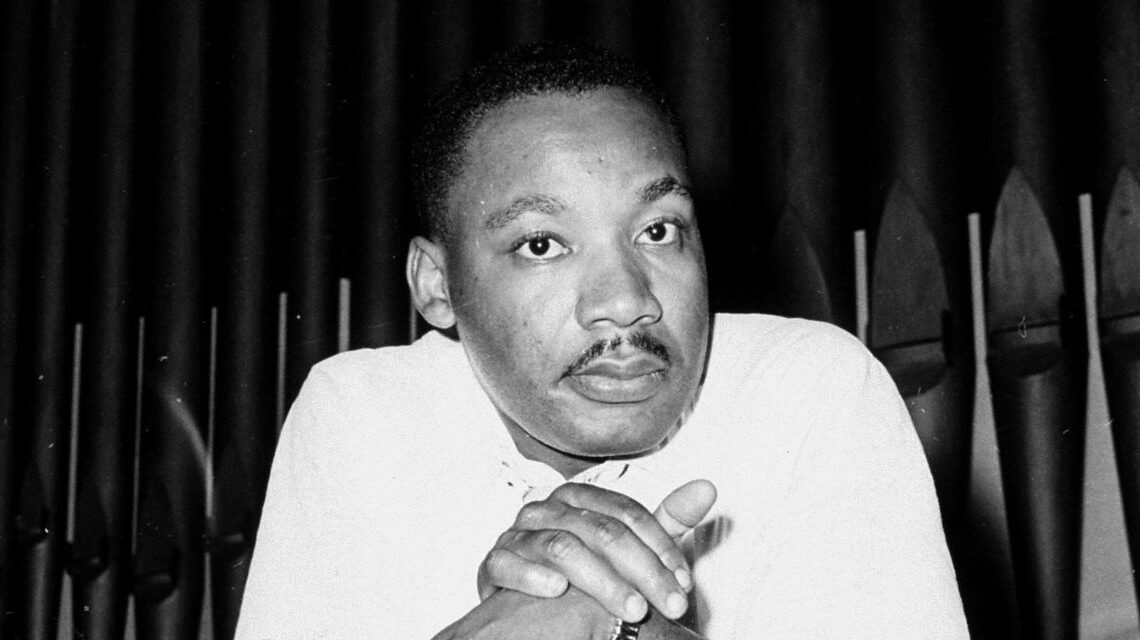What in the world is “intersectionality”? Womankind Worldwide, a British organization, defines it as follows: “Intersectionality is the acknowledgement that everyone has their own unique experiences of discrimination and oppression and we must consider everything and anything that can marginalize people—gender, race, class, sexual orientation, physical ability, etc.” Google has an “intersectional workforce” page counting its employees by race and sex. I’m black and in my 60s and don’t feel the need for an “intersectional” coming out.
The authors of a 2013 academic article, “Toward a Field of Intersectional Studies,” inform us: “Both in its earliest articulations and in its subsequent travels, praxis has been a key site of intersectional critique and intervention.”
Compare all this verbosity with “I am the man, I suffered, I was there.” In “Giovanni’s Room” (1955),
James Baldwin
borrows that epigraph from
Walt Whitman.
Baldwin wasn’t being theoretical or intersectional in the least. His words brim with substance and resonance, given that he was writing about same-sex love. Also, refreshingly, the novel doesn’t concern itself with race at all.
Recently I was browsing my local Barnes & Noble and happened on “The Disordered Cosmos: A Journey Into Dark Matter, Spacetime and Dreams Deferred.” The author,
Chanda Prescod-Weinstein,
is a star cosmologist and physicist and assistant professor at the University of New Hampshire. Many of the essays in the book aren’t easy reading.
On a website biography, Ms. Prescod-Weinstein describes her “focus on Black feminism-grounded social epistemology which explores the impact of the presence of minoritized people in STEM,” and says she is a “pansexual agender cissex woman.” Other than “woman,” I don’t know what that means.
I was able to fathom that she feels white “intellectual colonialism” prevents women and people of color from being fully accepted into university science programs. Yet Ms. Prescod-Weinstein herself seems to refute that claim.
The polysyllabic antiracist talk keeps proliferating.
Phillipe Copeland,
one of whose titles is assistant director of narrative at the Boston University Center of Antiracist Research, writes: “Belief and…
Click Here to Read the Full Original Article at RSSOpinion…

